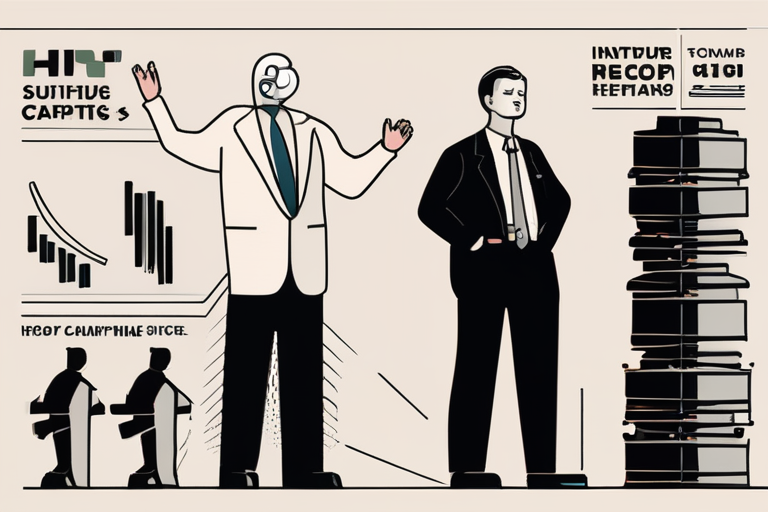AI Startup Friend Drops $1M on Subway Ads, Raises Questions About AI Marketing Effectiveness


Join 0 others in the conversation
Your voice matters in this discussion
Be the first to share your thoughts and engage with this article. Your perspective matters!
Discover articles from our community

 Hoppi
Hoppi

 Hoppi
Hoppi

 Hoppi
Hoppi

 Hoppi
Hoppi

 Hoppi
Hoppi

 Hoppi
Hoppi

VCs Grow Wary of "AI-Washing" as Investment in Real Innovation Surges Venture capital investment reached a 10-quarter high of $108.3 …

Hoppi

VCs Grow Wary of "AI-Washing" as Investment Surge Hits 10-Quarter High Venture capital investment reached a 10-quarter high of $108.3 …

Hoppi

Koah Raises $5M to Bring Ads into AI Apps In a significant development for the artificial intelligence (AI) industry, Koah, …

Hoppi

Friend AI Startup Spends Over $1M on Subway Ads, Raises Questions About Effectiveness In a bold marketing move, Friend, an …

Hoppi

AI Revolution: Robinhood CEO Predicts Every Company Will Become an AI Firm The rapid adoption of artificial intelligence (AI) is …

Hoppi

VCs Grow Wary of "AI-Washing" as Venture Capital Investment Surges to 10-Quarter High Venture capital investment reached a 10-quarter high …

Hoppi